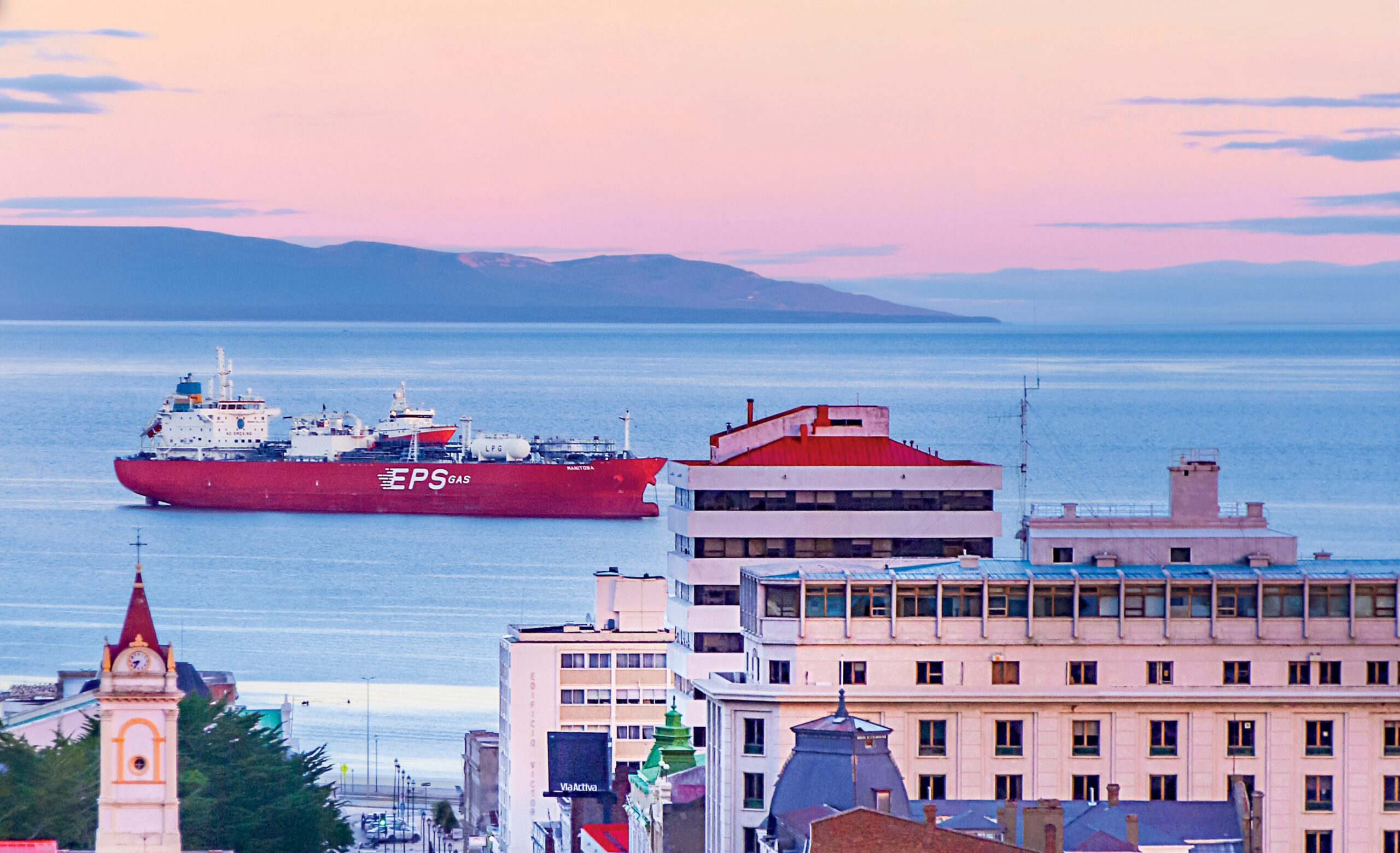President George Bush on U.S. Commitment to the Americas
President George Bush on U.S. Commitment to the Americas
President George W. Bush, speaking at the COA’s annual Washington Conference on the Americas, delivered a major policy speech on the U.S. role in the Western Hemisphere. “The foundation of a good foreign policy is good relations with your neighbors,” said the president, outlining priorities issues for U.S.-Latin American relations.
President George W. Bush, delivering the keynote speech as the COA’s annual Washington Conference on the Americas, discussed the hemispheric role of the United States. “The foundation of a good foreign policy is good relations with your neighbors,” said the president before outlining a range of priority issues for U.S.-Latin American relations, including bilateral free trade partnerships in the region, U.S. policy toward Cuba, and programs to support social justice in Latin America and to control the illicit drug trade throughout the hemisphere.
The president extolled steps to enhance peace and democracy in the region, but warned against a “resurgence of radicalism” in some Latin American countries. In particular, he focused on Cuba under new leader Raúl Castro. “The regime has made empty gestures at reform,” said Bush. He urged Cuban leaders to release political prisoners. “And they must allow what the Cuban people have desired for generations -- to pick their own leaders in free and fair elections.”
Throughout his speech, Bush emphasized the importance of building partnerships throughout Latin America. He highlighted the Merida Initiative, a $1.4 billion security plan in cooperation with Mexico and Central American nations “that will help them deal with the scourge of these unbelievably wealthy and unbelievably violent drug kingpins.” He recommended that U.S. Congress approve the funding for the program, as well as to fully implement it as it has been proposed by his administration.
Bush also discussed U.S. efforts to support healthcare and education initiatives in Latin America through the Millenium Challenge Account, including U.S. military missions that provided treatment to roughly 340,000 people in 15 countries last year. He noted that, since 2004, the United States has supported education—particularly in rural areas and for marginalized populations—with over $300 million for Latin America-based programs.
During his speech, the president placed particular emphasis on the importance of supporting bilateral trade agreements in the Western Hemisphere, crediting open markets with serving as the most effective way to increase prosperity. He discussed White House efforts to win approval for the U.S.-Colombia free-trade agreement. “We have bent over backwards to work with members of both parties on the Hill,” said Bush, who warned that the congressional delay in approving the pact threatens to kill the agreement.
In support of the trade deal, Bush insisted that its passage will result in reduction of tariffs on U.S. goods to Colombia when a majority of Colombian imports already enter the United States duty-free. Over the course of the weekend, the quantity of tariffs paid on U.S. exports to Colombia reached $1 billion since the U.S. and Colombian governments first signed the trade agreement 17 months ago; Bush pointed out that reducing tariffs on U.S. goods is crucial during the current economic slowdown.
He also praised President Alvaro Uribe for boosting security in Colombia, where kidnappings have dropped by 83 percent and the murder rate has dropped by 40 percent since 2002. “Congressional leaders need to send a message that we support this brave and courageous leader, and that we will not turn our back on one of our most steadfast allies.”
The president closed his speech by stressing the importance of the regional relations: “The United States will, and must, remain committed to making sure that Latin America is a place of opportunity, a place of hope, a place of social justice, a place where basic necessities, like health care and education, are not too much for any child to dream about.”
For nearly four decades, the annual Washington Conference on the Americas has served as the top forum for government, industry, and policy leaders to engage in substantive analysis on timely themes affecting the Western Hemisphere.







